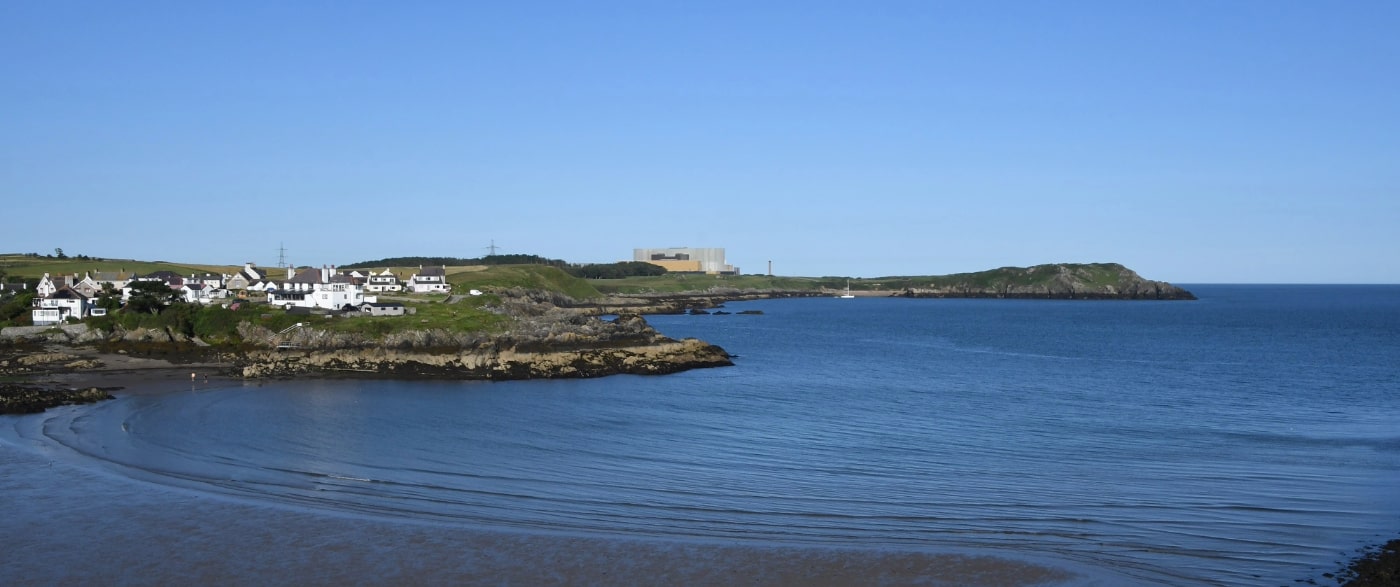Improving the Quality Standards for Recreational Waters

Researchers
Professor David Kay
Dr Mark Wyer
Dr Carl Stapleton
Dr Lorna Fewtrell
Dr Cheryl Davies
The Overview
Modelling the fluctuation of indicator bacteria and pathogens in places where people come into contact with them is important for the management of bathing waters.
Research conducted by the Centre for Research in Environment and Health (CREH) at Aberystwyth University has informed the development, implementation and improvement of global recreational water quality standards.
The Challenge
In environmental research and modelling, catchment (an area where water is collected by the natural landscape) microbial dynamics have been lower on the agenda than, for example the study of nutrients. Accurate, and publicly available information about water quality is important to enable bathers to make informed decisions about entering the water.
"The CREH team are key members of the WHO technical advisory group on water quality. In this capacity, WHO has drawn on CREH experts to provide an updated review of evidence to inform revision of both EU BWD and WHO Guidelines and also to provide rapid technical advice to Member States as needed."
Lead Scientist, WHO Bathing Water Guidelines, 2019
The Solution
Since 2000, CREH at Aberystwyth University has developed new risk-assessment methodology for bathing water exposures and implemented this at recreational bathing sites across Wales. CREH provided, for the first time, real-time and within-day predictive modelling, facilitating pollution forecasts that have driven notification procedures and permitted user choice. This improved public health amongst bathers and safeguarded Blue Flag status.
CREH’s work has supported a revision of World Health Organisation (WHO) and European Union (EU) water quality guidelines and the Environment Agency’s (UK-wide) Pollution Risk Forecasting system. CREH also served as technical adviser for the (world-wide) Blue Flag Awards and for bathing water quality at the 2016 Rio de Janeiro Olympic Games.
The Impact
Influencing International and UK Public Policy
Improving Implementation of the Increasing Compliance with Environmental Policy
Benefitting Public Health, the Local Economy and Ecosystems

Get in touch
As a University, we’re always keen to share our knowledge and expertise more widely for the benefit of society. If you’d like to find out more or explore how you can collaborate with our researchers, get in touch with our dedicated team of staff in the Department of Research, Business and Innovation. We’d love to hear from you. Just drop an e-mail to:
Research Impact Case Studies | Research Theme: Environment
